Understanding an organization, determining business needs, and offering solutions to address those needs are all part of business analysis. It entails comprehending how organizations work and who the important stakeholders are and how they interact. Customer requests, problems or issues, strategic initiatives, or market opportunities all lead to business needs.
A Business Analyst, or BA, is a person who performs Business Analysis. Business analysis skills are frequently utilized in developing systems or software for the automation of business processes. As a result, many jobs undertake BA activities, such as IT Business Analysts, Systems Analysts, and so on.
Poor quality business requirements are one of the leading causes of project failure. ABA must first comprehend the requirements, document, discuss, and obtain stakeholder approval before working with the solution team to ensure that the proposed solution meets the requirements. ABA must possess various abilities, including facilitation, communication, leadership, critical thinking, and software program experience, to perform his or her work properly.
- BABOK and IIBA
The-International-Institute-of-Business Analysis (IIBA) was established in 2003 to serve the business analysis community. It is a professional organization that is not for profit. They currently have over 12,000 members and 100 chapters. The Business Analysis Body of Knowledge (BABOK), a worldwide recognized standard for the profession of business analysis, is one of the organization’s key accomplishments. The BABOK specifies the knowledge areas, tasks, inputs, outputs, procedures, and skills necessary for practical analysis. The most recent version is BABOK 2.0.
- CBAP
CBAP (Certified-Business-Analysis-Professional) IIBA has created the CBAP (Certified Business Analysis Professional) title to honor skilled business analysts. To get certified, BAs must meet specific requirements, submit a complete application, and prepare for and pass a certification test based on the BABOK.

Requirements:
The following are the basic eligibility requirements for CBAP:
- A high school diploma is required as a minimum education requirement.
- Professional Development: 21 hours of professional development – this could be Business Analysis training, the CBAP prep test, or any underlying skills such as facilitation, communication, and so on.
- Experience is a must: This is the most difficult criteria to meet. Over the last ten years, an applicant must have at least 7500 hours of expertise in Business Analysis activities. At least 900 hours should be spent in each of the six knowledge areas. BABOK has six knowledge areas:
- Planning and Monitoring of Business Analysis
- Elicitation
- Communication and Management of Requirements
- Business Analysis
- Analysis of Requirements
- Validation and Assessment of the Solution
- References: A candidate’s suitability for CBAP is determined by two references.
Work as a BA, Systems Analyst, Process Analyst, Enterprise Analyst, or Business Architect. It would be best if you considered earning your CBAP certification to boost your business analysis skills and market value.


